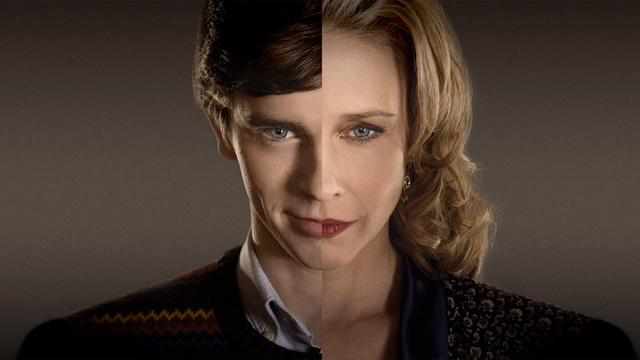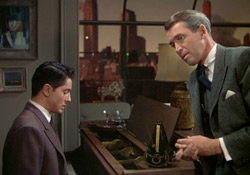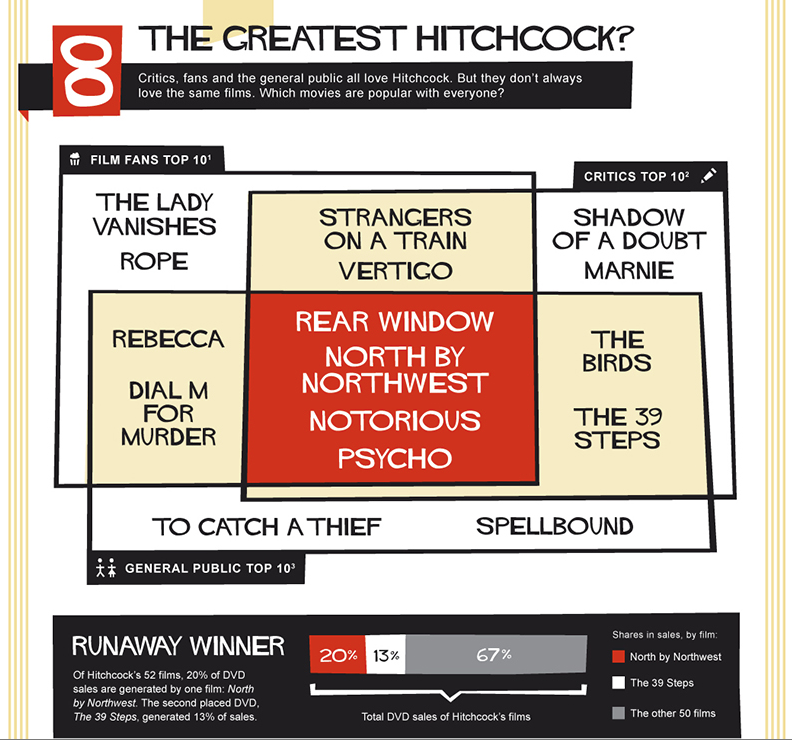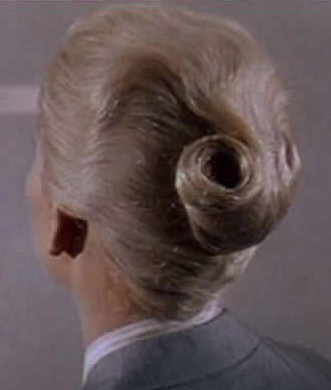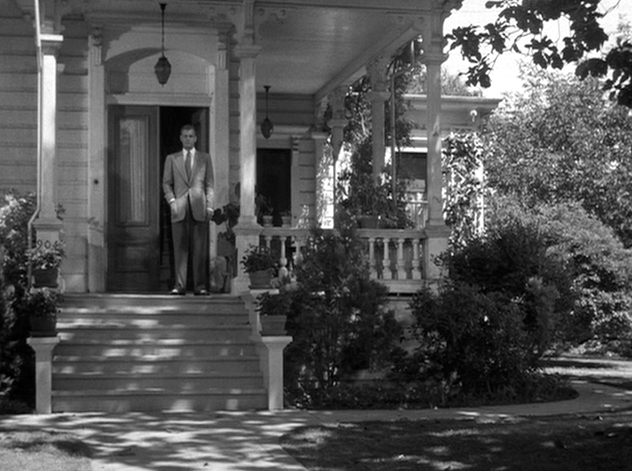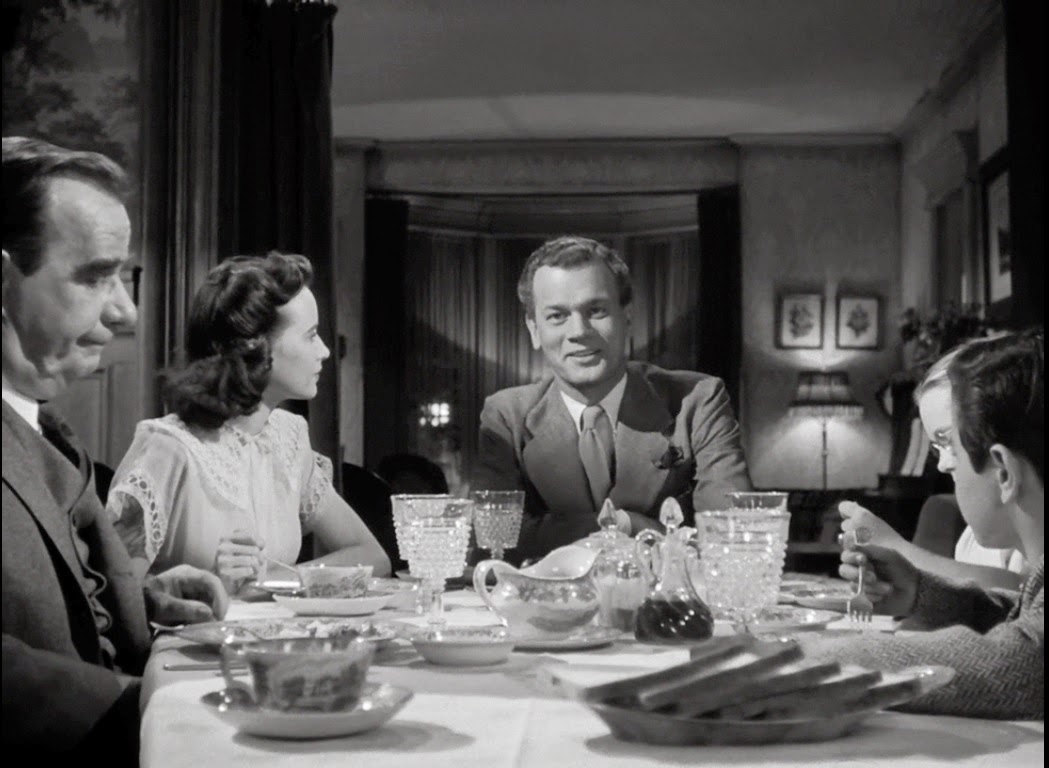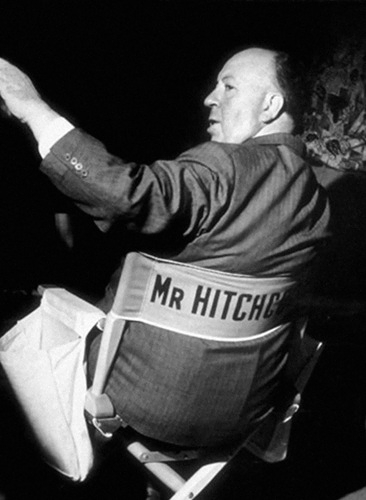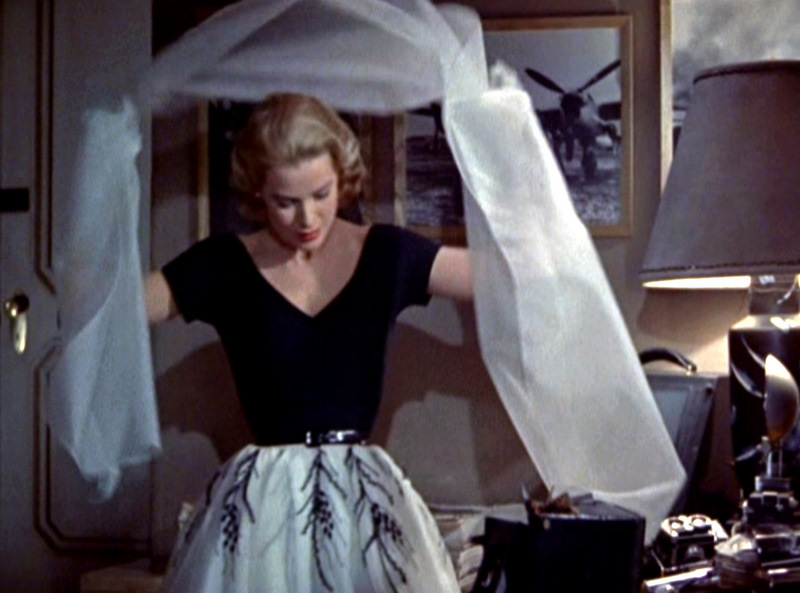I, Linkenstein
 Friday, October 4, 2013 at 7:24PM
Friday, October 4, 2013 at 7:24PM Big Screen
Artsbeat Alfonso Cuaron talks us through a dizzy-making scene in Gravity
Flick Filosopher "Hollywood, you are 300 movies away from making me want to marry you" The manic pixie dream guy bit is fab. It's so hard to imagine... which is the point.
Guardian Olivier Hirschbiegel reacts to the terrible reviews to his Diana biopic
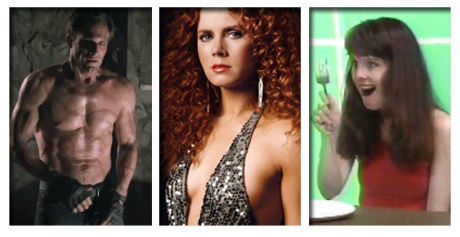
David Poland 22 weeks to Oscar. He correctly sees that there are very few locks but bizarrely thinks Forrest Whitaker is a lock for Best Actor for The Butler
BuzzFeed live action footage (and actors) that helped created The Little Mermaid
i09 thinks I, Frankenstein might be the most insane movie of 2014
Movie City News asks a great question about Amy Adams in American Hustle
Small Screen
Salon interviews Adam Scott on his television breakthroughs and his new film A.C.O.D.
i09 Honestly I did not see this coming. Halle Berry, whose big screen career is still going well (consider how much her ermegency call center movie made), will headline the tv series Extant about an astronaut whose baby might be half alien
Look! A new Halloween opening for The Simpsons courtesy of Guillermo del Toro so naturally there's a fair amount of Pan's Labyrinth up in there. Lots of movie referencing but the funniest bit I think is that misanthrope naughtiness of the Alfred Hitchcock cameo via The Birds.
Finally, can I just say "amen" to this Vulture piece requesting a moratorium on anti-heroes as the leads of television series? I mean you're not going to top Don Draper, Tony Soprano, Walter White, Carrie Bradshaw (yeah, she was one. deal with it) and Nurse Jackie... so let it die a natural death now instead of death from ubiquity. Mark Harris has also wisely noticed that this trend has now poisoned the broadcast networks without the antidote of the artistry that made this type of protagonist so popular on cable television in the first place.



